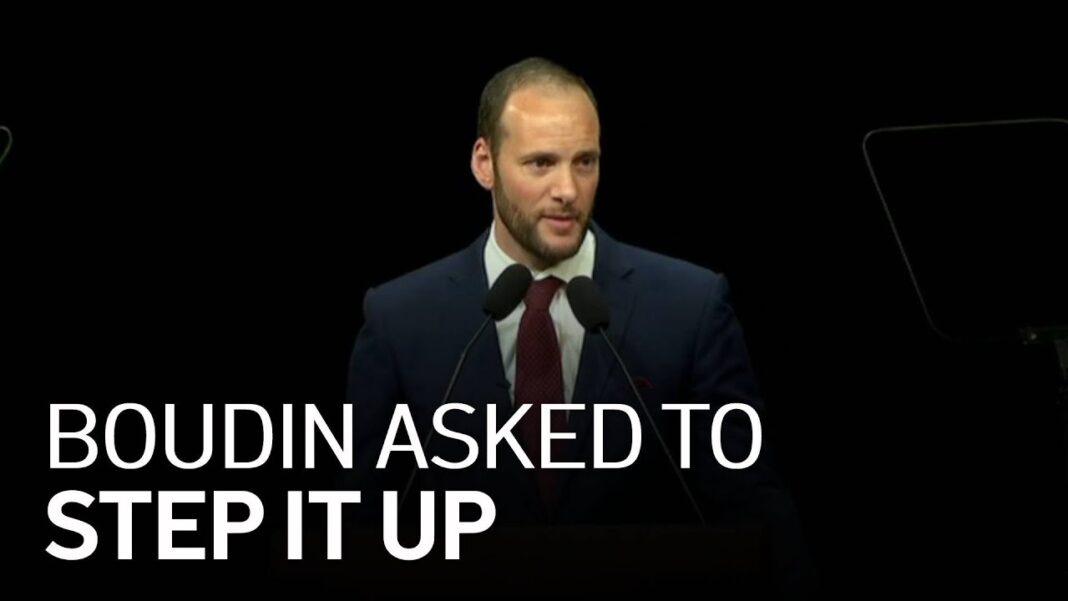
French President Emanuel Macron announced on Dec. 8 that the EU is considering new legislation to hold tech companies liable for hate speech that occurs on their platforms.
“This is unprecedented European regulation to fight online hate, to define the responsibility of these large platforms for their content,” said Macron, as reported by Reuters. “Every day, we have to deal with issues such as anti-Semitism, racism, hate speech and online harassment. There is no international regulation on these subjects today, strictly speaking.”
At present, the European Union does not possess any international laws restricting hate speech, though the Council of Europe recommends laws restricting hate speech through its subsidiary European Commission Against Racism and Intolerance.
The announcement comes at a pivotal moment for Macron, who is preparing for France to assume the rotating presidency of the Council of the European Union on the eve of the 2022 French presidential election.
Though Macron has not announced a reelection bid, many French observers expect the president to run again.
This rare confluence of the European Union presidency with the national election season will be of crucial importance to Macron, whose political future might hinge on his ability to leverage the European Union presidency for decisive action at this late juncture of his first term.
The announcement about the regulation of hate speech has particular connotations in this election, as Macron faces two nationalist opponents whose critics have labeled them bigots and xenophobes: the National Rally candidate Marine Le Pen and the independent candidate Éric Zemmour, who announced his bid last month.
Though Macron did not mention these rivals in particular, his announcement comes amid a backdrop of polarized opinion regarding hate speech, with particular implications for the president’s political opponents.
Marine’s father, Jean-Marie Le Pen, has been convicted numerous times under existing French hate speech laws for his remarks on the Holocaust and Islam. Marine has taken great pains to distance herself from the more incendiary remarks of her father, but the controversy persists, with commentators still accusing the younger Le Pen of racism and extremism.
Zemmour, though not beleaguered by the family history of Le Pen, has nonetheless acquired a reputation as a firebrand and an outspoken proponent of French nationalism. His penchant for politically incorrect, controversial remarks has garnered comparisons to former U.S. President Donald Trump. Like Jean-Marie Le Pen, Zemmour has previously been convicted under existing French hate speech laws, having previously paid two fines and currently facing a third conviction for “public insult” and “incitement to hatred or violence.”







